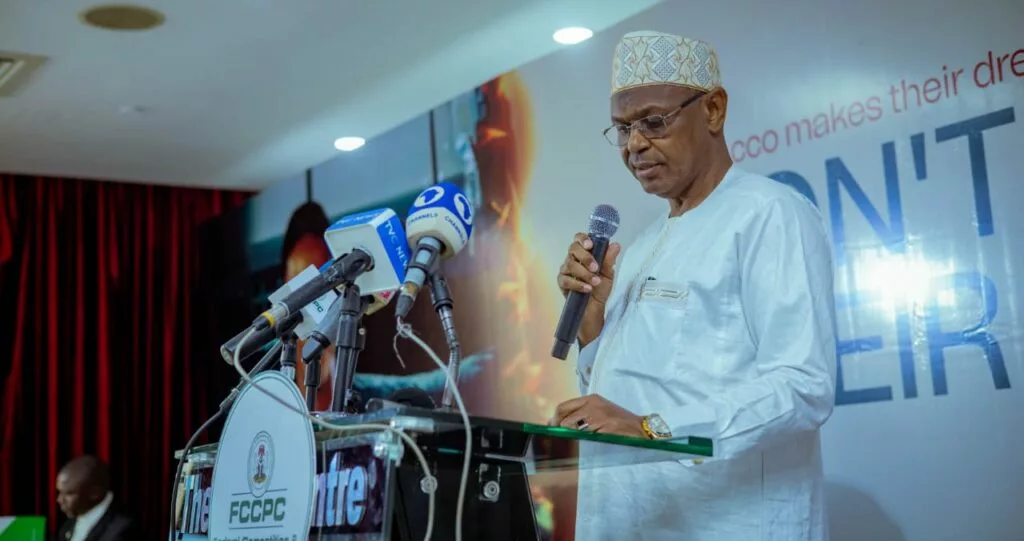In response to the Federal Competition and Consumer Protection Commission (FCCPC) delisting 47 unregistered loan apps from the Google Play Store as of May 2024, several of these apps have resurfaced using Android Package Kit (APK). This method allows them to operate outside traditional app stores, circumventing regulatory scrutiny.
NATIONAL ECONOMY investigations reveals that despite the FCCPC’s efforts to sanitise the digital lending space by removing non-compliant apps, many continue to reach customers through APK links. These links prompt users to download apps not vetted by any official app store, thereby evading regulatory controls.
The persistence of these unregistered apps has exacerbated issues of harassment and defamation within the digital lending sector. Borrowers frequently report unethical practices such as aggressive debt collection tactics, which are not subject to regulatory oversight.
Chairman of the Money Lenders Association (MLA), Mr. Gbemi Adelekan, representing registered loan app companies in Nigeria, attributes these challenges to unregistered apps exploiting regulatory loopholes. He emphasised that while licensed Digital Money Lenders (DMLs) adhere to legal and ethical standards, unregistered operators engage in illegal lending practices and abusive debt recovery methods.
Expressing concern over these developments, FCCPC’s acting executive vice chairman, Dr. Adamu Abdullahi, acknowledged a surge in unethical practices as digital lending grows in popularity among Nigerians. The FCCPC has escalated its oversight by placing 88 apps under watchlist scrutiny and collaborating with law enforcement agencies to enforce regulatory measures.
The FCCPC introduced the Limited Interim Regulatory/Registration Framework for Digital Lending in 2022 to promote fair and transparent lending practices.
The registration initiative aimed to address rights violations and unfair practices associated with illegal loan apps.
As of May 2024, Nigeria has 284 registered loan apps, including 232 fully-approved and 41 conditionally approved, with 11 licensed by the Central Bank of Nigeria (CBN), reflecting ongoing efforts to regulate the digital lending sector effectively.





